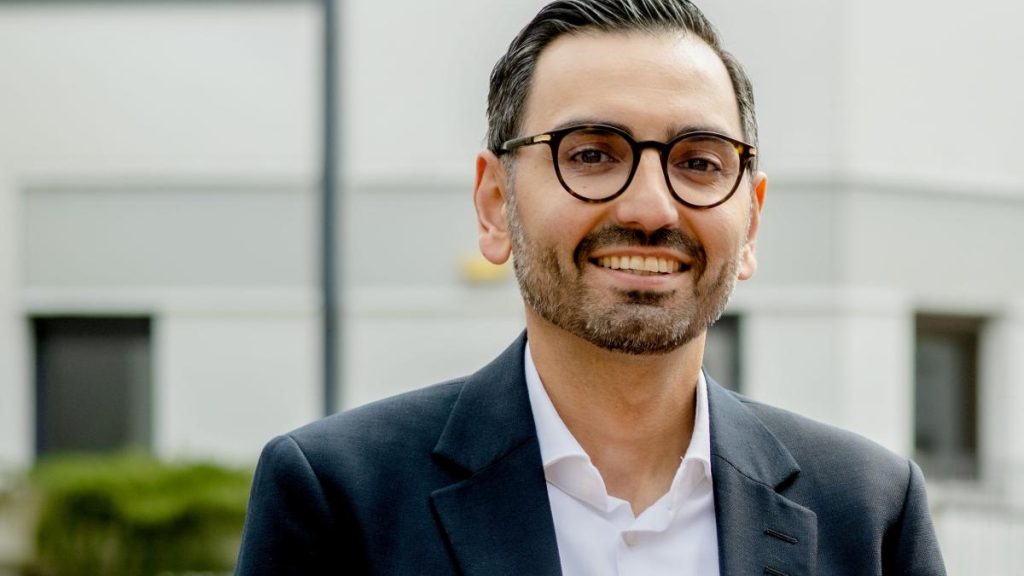A recent study conducted by the Ruhr-Universität Bochum has revealed significant deficits in teachers’ ability to address antisemitism in the classroom. Karim Fereidooni, a professor specializing in racism criticism in educational institutions, was involved in the study. Following the Hamas terrorist attack on Israel on October 7, 2023, the issue has become even more urgent. The regional parliament in North Rhine-Westphalia is currently discussing how teachers can be better prepared to address this issue. In response, the Pedagogical State Institute in Rhineland-Palatinate will soon hold a conference on antisemitism prevention for educators. In an interview, Fereidooni describes common mistakes made by teachers and suggests possible solutions.
One significant issue identified in the study was the active and passive reproduction of stereotypes by teachers. For example, one teacher asked if one can have “Jewish blood” in a classroom setting, without correcting the misinformation provided by a student. Another teacher showed a magazine cover featuring Orthodox Jews, limiting the discussion on Jewish people to a narrow perspective. Teachers often fail to recognize and address antisemitism when it is present among students, such as the stereotype that all Jews are wealthy. Fereidooni emphasizes the importance of teachers possessing the professional competencies necessary to identify and combat antisemitism effectively.
Fereidooni attributes the lack of preparedness among teachers to address antisemitism to a deficiency in their training and education. He notes that topics like antisemitism are not extensively discussed in university or teacher training programs. While teachers are expected to take a stand against hatred and promote democracy, they are often not equipped with the necessary tools and knowledge to do so effectively. Fereidooni calls for a greater emphasis on discussing antisemitism, racism, and other forms of discrimination in teacher training programs to empower educators to address these issues in the classroom.
Despite nearly 80 years having passed since the end of World War II and the Holocaust, Fereidooni highlights the continued lack of focus on antisemitism and racism criticism in teacher education programs. He emphasizes the need for a shift in the educational system to prioritize these important topics. The responsibility lies not only with individual teachers but also with policymakers and educational institutions to create a more inclusive and effective learning environment. Adequately addressing antisemitism requires a systemic change in how educators are trained and supported in their professional development.
Fereidooni addresses the impact of recent events, such as the Hamas terrorist attack on Israel in October 2023, on discussions surrounding antisemitism in schools. While providing recommendations for teachers on how to approach sensitive topics like this, he stresses the importance of acknowledging and addressing such incidents in the classroom. By empowering teachers to engage with difficult subjects thoughtfully and constructively, it is possible to create a more informed and aware student body. Fereidooni also highlights the role of social media in perpetuating antisemitic stereotypes and the importance of helping educators navigate these online spaces effectively.
In conclusion, Fereidooni rejects the notion that combating antisemitism is futile, emphasizing his belief in the transformative power of education and dialogue. He argues that by equipping teachers with the necessary skills and knowledge to address antisemitism and discrimination, a positive impact can be made on students’ understanding and attitudes. While not everyone may be reached, Fereidooni remains committed to the idea that education and awareness are essential tools in combating hatred and promoting inclusivity in society.


